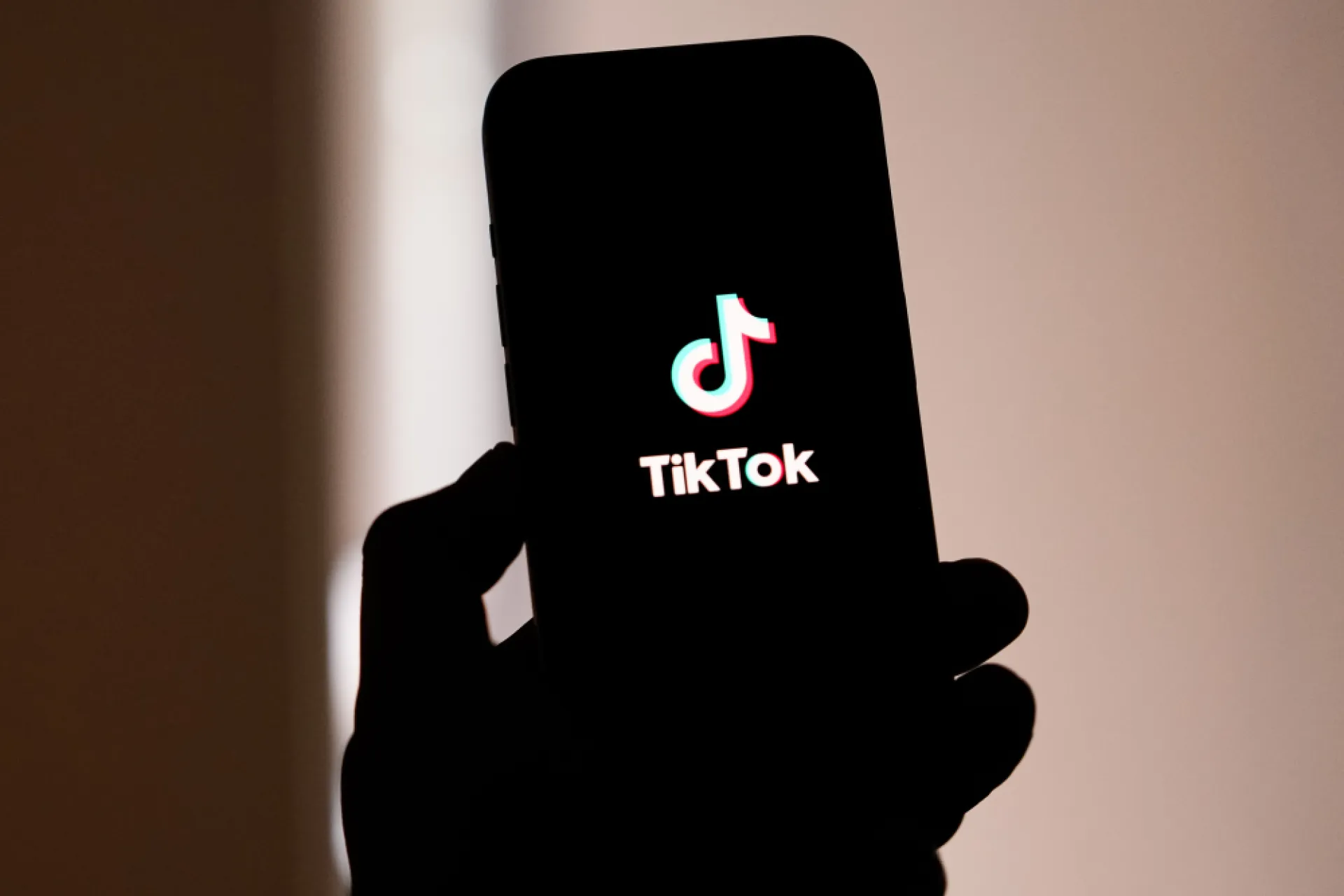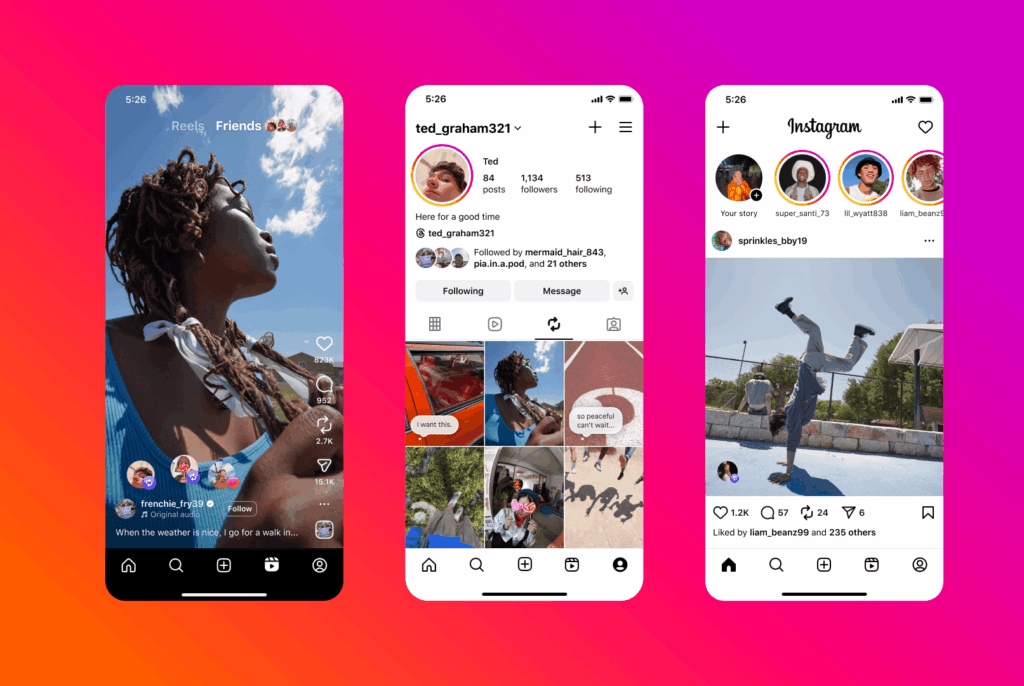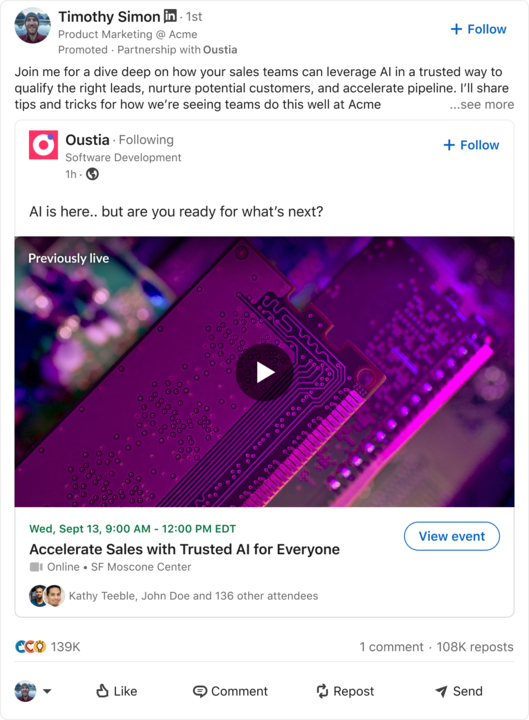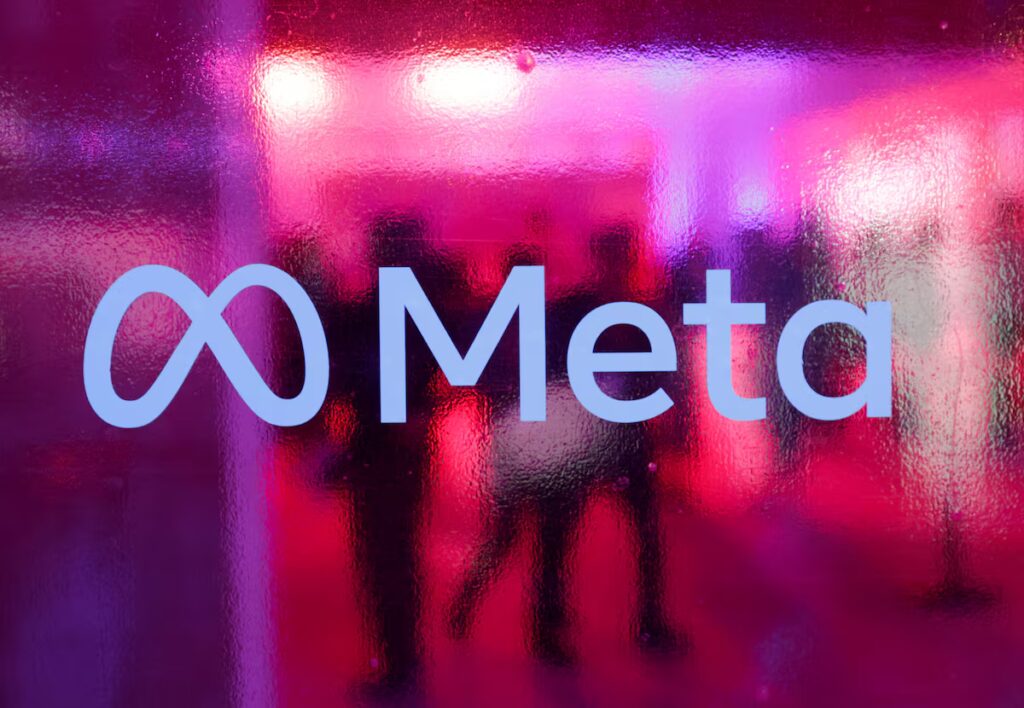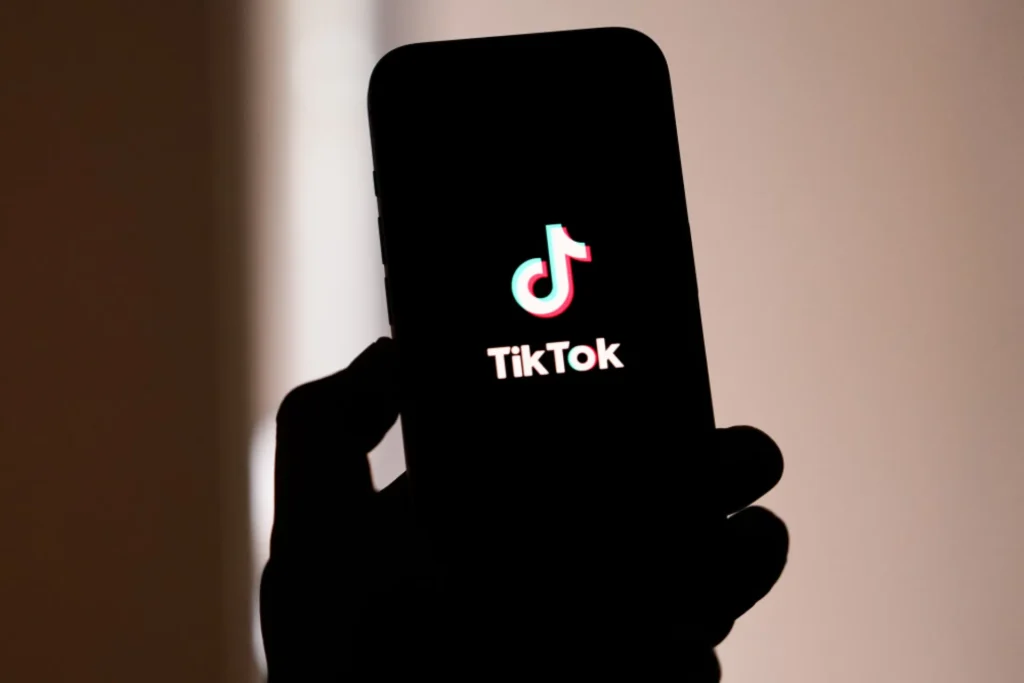The last few weeks have been a whirlwind of updates, rollouts and platform power moves. From Instagram’s long-awaited repost feature to LinkedIn’s push for thought leadership and Meta’s political ad retreat in the EU, these changes reflect a growing emphasis on community, credibility and compliance — three pillars shaping how users engage and how brands show up. Whether it’s leveraging new tools for visibility or preparing for potential platform shakeups like TikTok’s looming U.S. ban, marketers have plenty to watch and adapt to. Here’s a breakdown of the top headlines you need to know.
Instagram adds reposts and other features to help users better connect

Instagram is finally rolling out reposts, a feature that was previously seen in testing, along with new ways users can better connect with friends.
Key Details:
- With reposts, users can repost public reels and feed posts to their feed, bringing content they enjoy to their own followers.
- Reposts will appear on a separate tab on a user’s profile, with actual reposts being recommended directly in the feed. Content that is reposted will be credited to the original poster, giving creators a chance to reach new people.
- Other features rolling out are a Snapchat-like Instagram Map to share your location along with a Friends tab in the Reels feed to show content that people you follow have interacted with.
Key Takeaway: Instagram’s shift toward more social sharing and real-time location features suggests a growing emphasis on increasing community engagement.
Marketers and brands should explore ways to leverage reposts and location-based content to boost both visibility and interaction.
LinkedIn introduces Thought Leader Event ads

Advertisers can now sponsor member posts that link directly to an event page, building credibility and helping connect with their networks.
Key Details:
- Data from the 2025 B2B Marketing Benchmark Report shows that businesses’ priorities are building trust, authentic voices, and collaborating with creators among influencer marketing.
- Now, when a user shares an event page, that post can be promoted with a “Thought Leader Event Ad,” an update that helps amplify expert voices tied to events.
Key Takeaway: The addition of Thought Leader Event Ads helps build trust and the influence of key industry experts. According to LinkedIn, B2B marketers already saw 1.6x higher engagement with Thought Leader Ads, and this update expands those capabilities and strengthens leader reputation.
Read more here (LinkedIn).
Meta to halt political advertising in European Union from October, blames EU rules

Meta Platforms will stop all political, election and social issue advertising on its platform in the EU starting in early October due to uncertainties with new EU rules on political advertising.
Key Details:
- This decision aligns with Google’s similar choice and reflects Big Tech’s concerns about increasing regulations aimed at enhancing accountability and transparency.
- The new EU legislation, the Transparency and Targeting of Political Advertising regulation, is effective on October 10, and requires companies to clearly disclose details about political ads, including sponsorship and targeted elections, or face fines of up to 6% of their annual revenue.
Key Takeaway: While Meta has stated that the EU rules create significant challenges and could be detrimental to Europeans because personalized ads are essential for informing voters on important issues, voters have called for transparency with political advertisements, and brands should take this into consideration as they continue to support candidates down the line.
Read more
here (Reuters).
TikTok in the U.S. will reportedly be banned in September if China doesn’t approve U.S. app sale, Trump official warns

Howard Lutnick, President Trump’s Commerce Secretary, announced earlier this summer that TikTok will become unavailable for American users unless China agrees to a deal by September 17, which would allow U. S. owners majority control over the app.
Key Details:
- U. S. legislation that went into effect on January 19 makes it illegal for American companies to host or distribute TikTok if it remains under the control of its Chinese-owned parent company, ByteDance. President Biden signed the law, which President Trump has delayed enforcement of multiple times this year for further negotiations on ownership restructuring.
- President Trump has mentioned there is a group of wealthy individuals interested in purchasing TikTok in the U.S. but did not disclose their identities. ByteDance claims that 60% of its ownership is held by global investors, and TikTok’s CEO stated that ByteDance is not controlled by the Chinese government and does not share U. S. user data with them.
- Even with the U.S. law banning the app in place, the White House has since joined TikTok, further indicating the administration is unlikely to begin enforcement.
Key Takeaway: While President Trump has expressed his administration is in favor of keeping TikTok in the U.S., if a deal is not confirmed, brands and consumers should still be prepared for a potential change in platform availability, whether that means shifting content and influencer deals to Instagram or YouTube, should the ban go into effect on September 17.
Read more
here (Variety).
